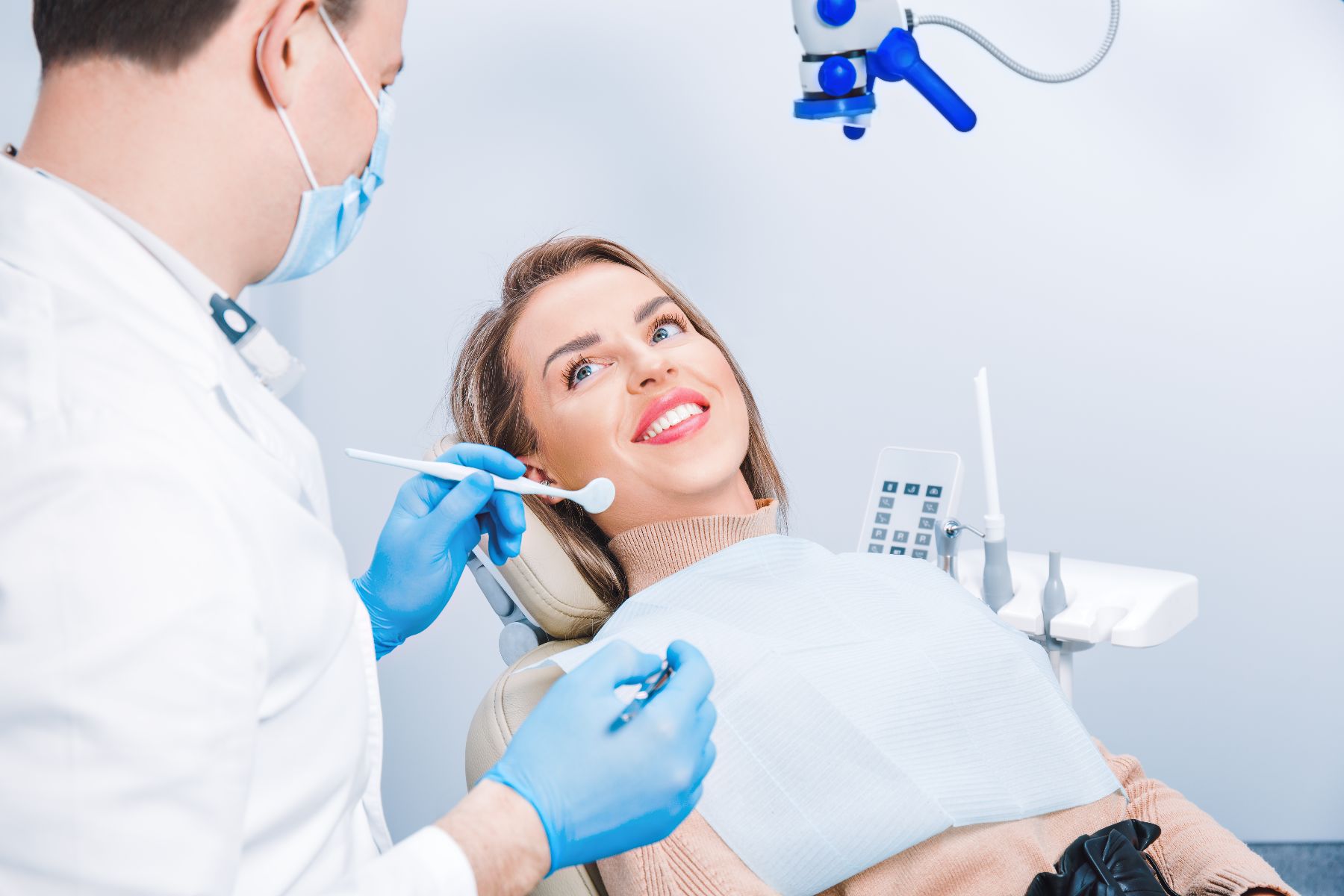Are you thinking about getting a dental implant or have you just undergone the procedure? If so, it is important that you know what recovery entails and what the normal expectations are after dental implant placement. This blog highlights the different stages of recovery after a dental implant and provides practical advice for a smooth and successful recovery process.
Phase 1: The first days after surgery
After implantation, some discomfort is normal, given the medical nature of the procedure. Swelling, mild bleeding and some pain are common symptoms. Your dentist or implantologist will probably prescribe pain medication, antibiotics and mouthwash to fight infection and manage pain. Rest and following the implantologist’s instructions are crucial in this initial phase.
Nutrition and oral hygiene after the procedure
Making the right food choices is essential for a good recovery. Choose soft foods and avoid hot drinks and foods in the first 24 hours. Avoid using straws as this can cause bleeding.
Good oral hygiene is also important; brush gently twice a day, especially around the area where the implant was placed. Use a soft toothbrush and avoid smoking and alcohol, as these can hinder the healing process.
Were healing caps placed on the implants during surgery? Please avoid these when brushing your teeth for the first 3 to 4 days. After that, you may brush the healing caps with a soft toothbrush along with the rest of your teeth and the implants.
Phase 2: The weeks after surgery
As your recovery progresses, you will gradually return fully to your usual diet and daily activities. Follow your implantologist’s instructions carefully and avoid heavy stress on the implant site. Smoking and alcohol remain discouraged because of their negative impact on recovery.
The importance of regular follow-up appointments
Regular follow-up appointments with the implantologist are important to monitor the healing of your implant. Even when your recovery is completely behind you, good oral hygiene and regular check-ups with your dentist or dental hygienist remain crucial.
Dealing with pain or complications after surgery
If you still experience significant pain a week after the procedure, it is important to take action. This may indicate complications such as infection or problems with implant ingrowth. Contact your dentist or implantologist for evaluation and treatment. Follow the prescribed treatments carefully and watch for good signs of infection, such as persistent bad breath, foul taste in the mouth, redness or swelling. Always take these symptoms seriously, avoid self-medication and always consult your implantologist for proper management and medication.
Conclusion
Careful oral care, appropriate nutrition and following instructions from your implantologist are key to a successful recovery after a dental implant. While some discomfort is normal, it is important to stay alert for persistent or severe pain. Taking symptoms seriously, acting quickly and contacting your implantologist can ensure that any complications are resolved quickly and efficiently. With good oral hygiene and following the indicated guidelines, you can expect a smooth recovery and enjoy the long-term benefits of your new dental implant.
Want more information or advice on dental implants? Get in touch with us. We will be happy to help you!

